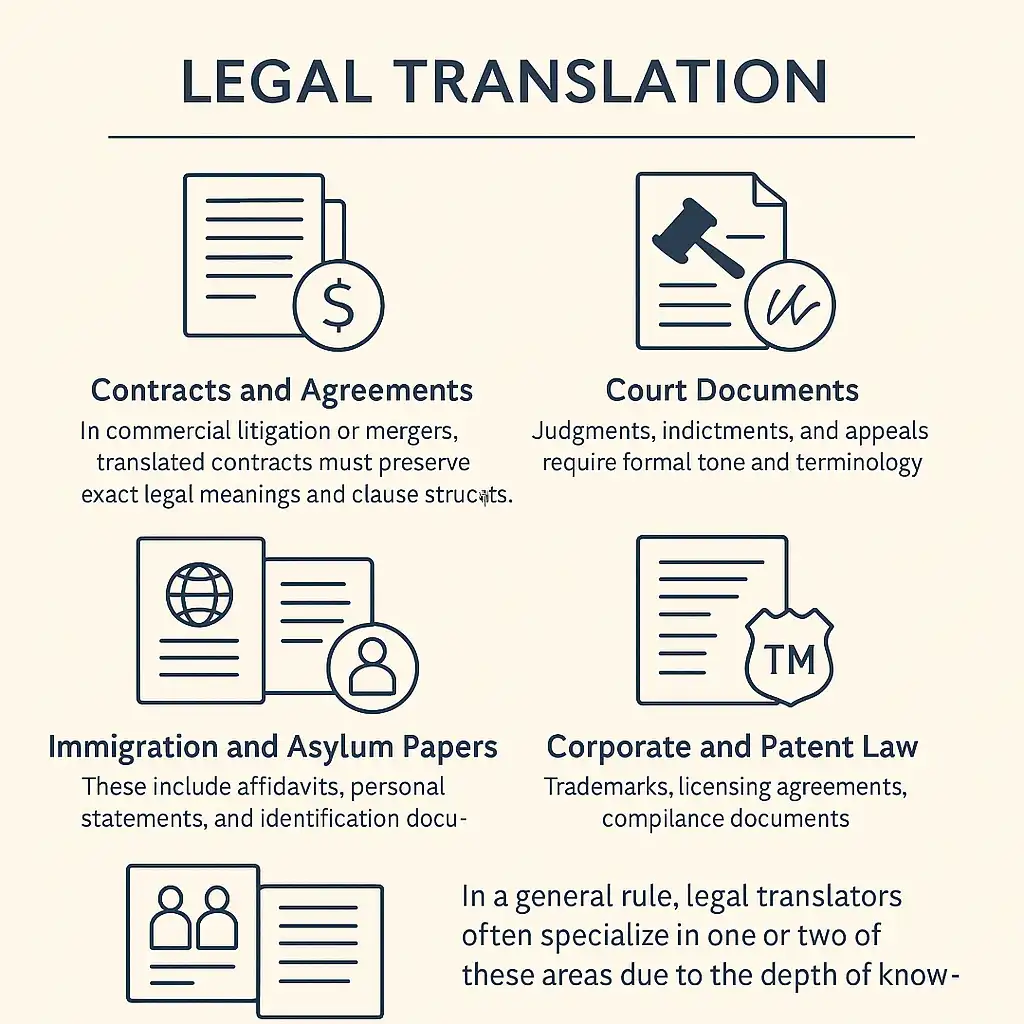In our increasingly interconnected world, legal systems frequently cross paths. Whether it’s a dispute between multinational companies, an international custody battle, or a cross-border criminal investigation, translation plays a vital role in ensuring justice is upheld across language barriers.
Translation facilitates cross-border legal proceedings by enabling mutual understanding, ensuring due process, and supporting accurate representation of legal facts across languages and jurisdictions.
As international collaboration grows, legal translation is no longer a niche service but a cornerstone of global legal cooperation. Miscommunication can derail entire trials, while accurate translation can uphold rights, resolve conflicts, and even save lives. Curious how? Let’s dig in.
1. The Backbone of Cross-Border Legal Communication
At the heart of cross-border legal proceedings lies one fundamental need: clear, precise communication. Legal translation ensures that all parties—judges, lawyers, plaintiffs, defendants, and witnesses—fully understand the materials involved, no matter their language.
Legal documents are notoriously complex. They include contracts, statutes, indictments, evidentiary records, witness statements, patents, court rulings, and more. Each must be translated with high fidelity, because a single mistranslated term can shift the meaning of an entire case.
According to a 2021 survey by the European Commission, over 50% of cross-border legal disputes face delays due to poor or slow translation. The consequences range from postponed hearings to case dismissals. This highlights the critical need for qualified legal translators who understand not only the language but also the relevant legal systems.
Moreover, legal translation is not merely linguistic—it’s also cultural and procedural. Translators must be familiar with the legal concepts of both the source and target jurisdictions. For example, the term “common law trust” has no direct equivalent in many civil law countries, requiring adaptive translation strategies.
As a general rule, multilingual legal cases require certified translations, often notarized or accompanied by a translator’s declaration. This ensures both linguistic and legal validity.
2. How Does Translation Uphold Legal Rights and Due Process?
Translation safeguards one of the most essential principles in law: the right to a fair trial. This is enshrined in legal systems worldwide and in international frameworks such as the European Convention on Human Rights (Article 6) and the International Covenant on Civil and Political Rights (Article 14).
Defendants must be able to understand the charges against them, respond effectively, and participate in their defense. This applies regardless of their language or nationality.
| Legal Need | How Translation Helps |
|---|
| Understanding legal charges | Accused individuals can comprehend arrest warrants, indictments, and court procedures |
| Accurate witness participation | Non-native witnesses can give testimony clearly and reliably |
| Effective attorney-client communication | Legal counsel can communicate with clients who speak different languages |
| Cross-border enforceability of legal decisions | Legal outcomes can be understood and enforced across different jurisdictions |
In one high-profile case in the UK, a French-speaking defendant was initially convicted without access to a full translation of the proceedings. Upon appeal, the case was overturned, illustrating the importance of language access in maintaining legal integrity.
3. What Types of Legal Translation Are Common in Cross-Border Cases?
Legal translation spans many document types, each requiring different approaches and expertise:

In a general rule, legal translators often specialize in one or two of these areas due to the depth of knowledge required.
4. What Skills and Qualifications Do Legal Translators Need?
Not every bilingual person can translate legal documents. Legal translators must possess a unique mix of language mastery, legal training, and professional certification.
Key qualifications include:

Fluency in both source and target languages, with native-level command
Legal expertise, often gained through law degrees or paralegal experience
Familiarity with local legal systems, terminology, and formatting requirements
Certifications, such as NAATI (Australia), ATA (U.S.), or Sworn Translator status in civil law countries
In multilingual legal systems like Switzerland or Canada, legal translators often work closely with notaries, lawyers, and court clerks to ensure document validity.
READ MORE: 4 Useful Tips When Translating Legal Documents from English to Chinese
5. Why Choose a Professional Legal Translation Partner?
When accuracy is non-negotiable, working with a specialized legal translation agency is essential. Errors in legal translation can lead to:
- Breach of contract
- Loss of intellectual property rights
- Delayed or invalidated proceedings
- Human rights violations
At AZ-Loc, we provide certified legal translation services trusted by law firms, courts, and corporate legal teams worldwide. Our linguists are not only experts in language but also trained in legal systems, ensuring that each document meets the highest standards of precision and compliance.
As a whole, legal translation is a critical component of cross-border justice. With the right partner, language will never be a barrier to fairness.
READ MORE :8 Tips How to Save Thousands of Dollars from Rush Legal Translations
In the global legal arena, translation is more than a support service—it is a pillar of justice. It ensures equal access, accurate representation, and the smooth functioning of international legal cooperation. Whether it’s a billion-dollar lawsuit or a human rights petition, professional translation bridges the legal divide, one word at a time.
For accurate, certified, and culturally attuned legal translations, trust AZ-Loc to keep your cross-border proceedings clear, compliant, and compelling.
READ MORE: English into Chinese Legal Contract Translation Service for Prestigious Law Firm
